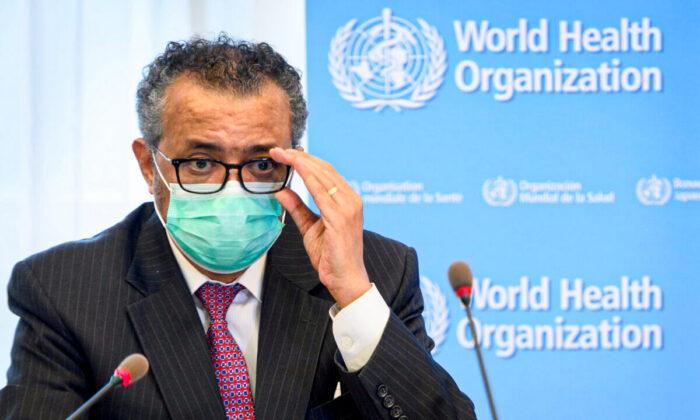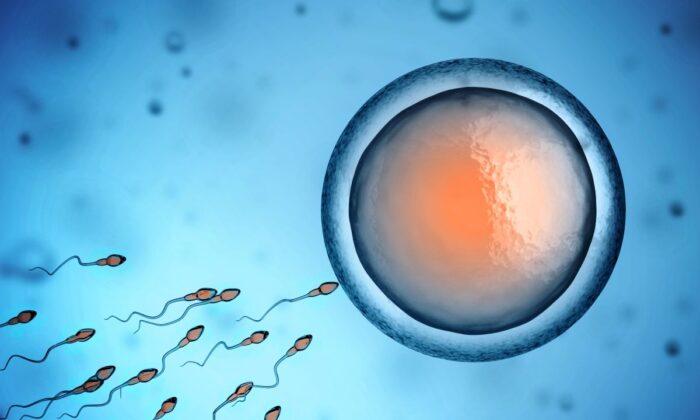Prime Minister (PM) Scott Morrison has shown support for granting the World Health Organisation (WHO) greater powers to assist countries in managing pandemics.
However, minor parties have expressed concerns that this would amount to compromising Australia’s health sovereignty.
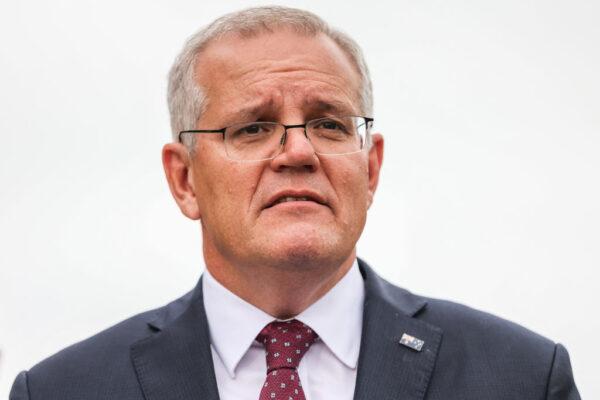
Speaking at a press conference, the prime minister was asked about the upcoming World Health Assembly, running from May 22 t0 28, where WHO member countries will be discussing the proposed treaty and whether he would support it.
“I’ve always been supportive right from the outset and was criticised heavily, and I stress heavily, mocked in fact, by the Labor Party for saying the WHO should have those powers and those authorities to be able to go and deal with pandemic situations, because we all know what happened at the start of this pandemic,” Morrison said.
“And I was the one calling to ensure that we had an independent process to understand what happened so it couldn’t be repeated,” Morrison said.
“So I have been in the vanguard of those moves internationally to ensure that there is greater protection for world health to ensure that those world health authorities can come and understand what’s going on and be able to assist countries to be able to prevent the spread and outbreak of major infectious diseases.”
However, members of One Nation and the United Australia Party have both said that signing on to such a treaty would pose a risk of the WHO dictating to Australia when and how to respond to global or regional health threats.
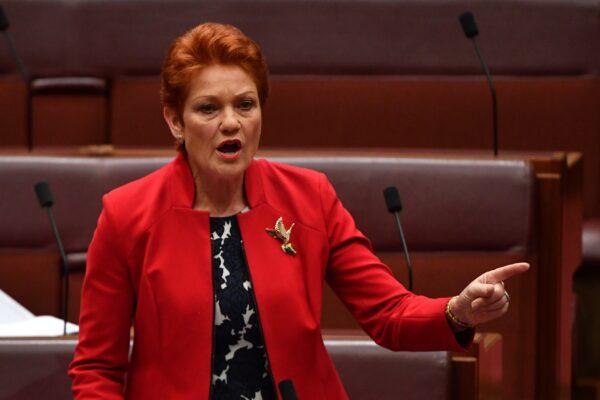
“To make matters worse, the World Health Organisation can declare a pandemic without justifying or even publishing its reasons. There is no appeal, no transparency, no fairness,” she said.
“The WHO has been rightly criticised for pro-China bias in the past,” he said.
“It should be concerning to all Australians who value freedom and democracy that our health policies could fall under the influence of communist China.”
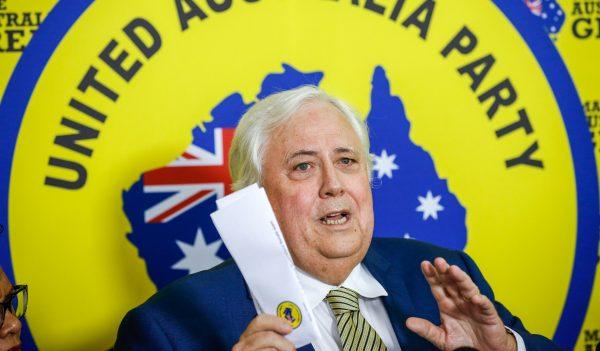
Despite supporting the extended powers of the WHO, Morrison stressed that he would have to look closely at the details of what the treaty involves before agreeing to it.
Meanwhile, Labor leader Anthony Albanese refused to declare if he would sign the treaty, instead stating that “we need to clearly strengthen the WHO and the way that it operates.”
